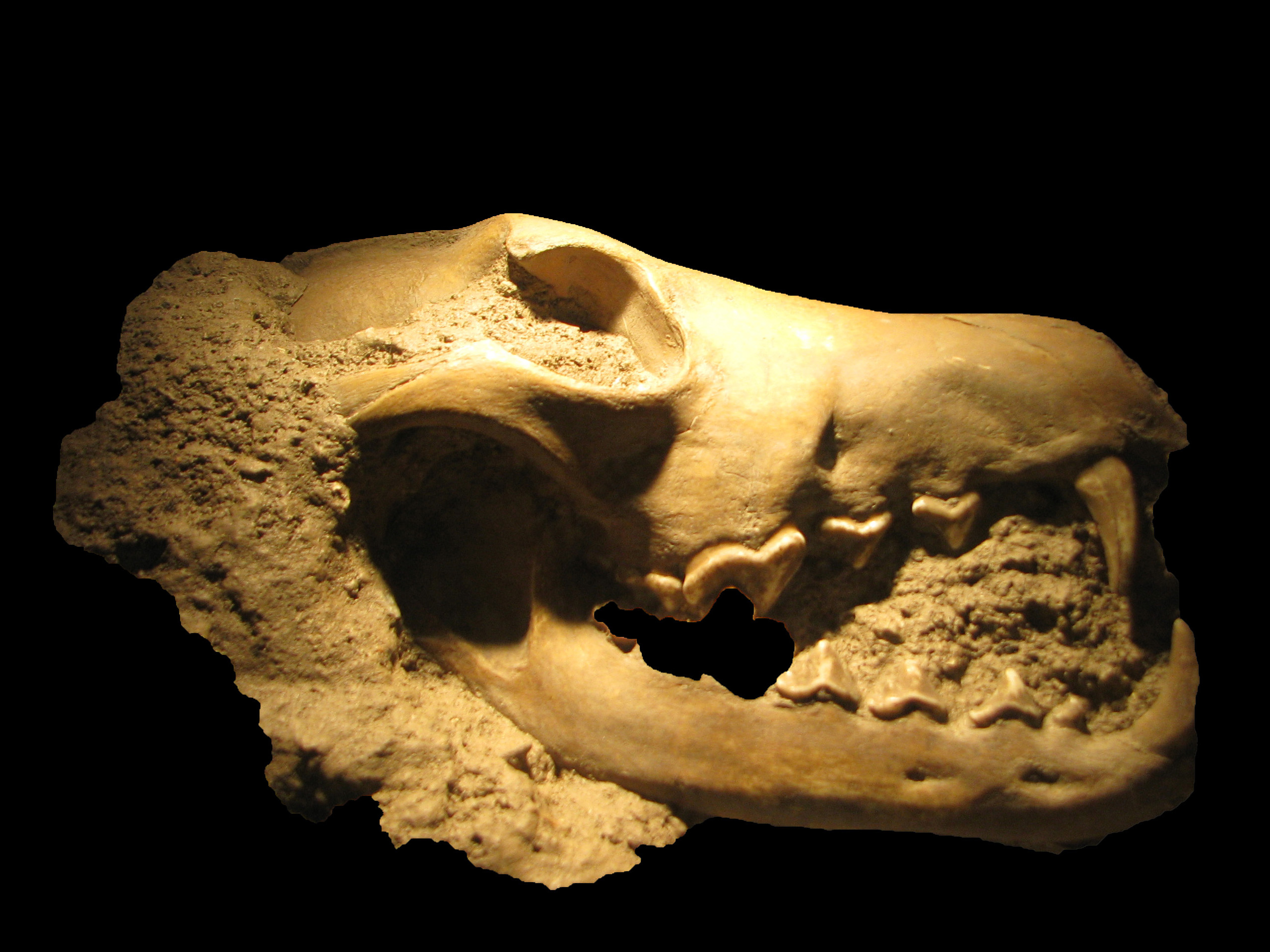Competition played a more important role in the evolution of the dog family (wolves, foxes, and their relatives) than climate change, shows a new international study.
An international team including analyzed over 2000 fossils and revealed that the arrival of felids to North America from Asia had a deadly impact on the diversity of the dog family, contributing to the extinction of as many as 40 of their species.
“We usually expect climate changes to play an overwhelming role in the evolution of biodiversity. Instead, competition among different carnivore species proved to be even more important for canids” says leading author Daniele Silvestro.
The dog family originated in North America about 40 million of years ago and reached a maximum diversity around 22 million of years ago, when more than 30 species inhabited the continent. Today, only 9 species of the dog family live in North America. They progressively increased in body size and specialized into becoming large predators. Some of them exceeded 30 Kg (66 pounds) and were among the largest carnivores on the North American continent. Although several large carnivores today face a higher extinction risk than smaller species, the authors of the study found no evidence of a similar pattern in ancient canid species.
The evolutionary success of carnivorous animals is inevitably linked to their ability to obtain food. The limited amount of resources (preys) imposes strong competition among carnivores sharing the same geographic range. For instance African carnivores such as wild dogs, hyenas, lions and other felids are constantly competing with each other for food. North American carnivores in the past might have followed similar dynamics and much of the competition is found among species of the dog family and from ancient felids and dogs. Interestingly, while felids appeared to have a strongly negative impact on the survival of ancient dogs, the opposite is not true. This suggests that felids must have been more efficient predators than most of the extinct species in the dog family.
Source: Science daily
N.H.khider

